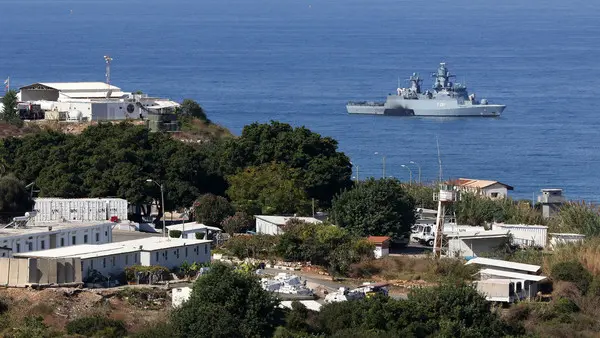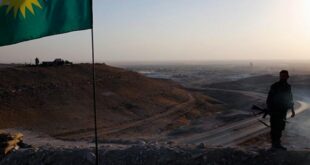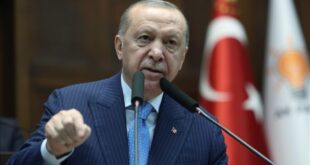
Israel has accused Lebanon of changing its position in talks on their disputed maritime border and warned it could lead to a “dead end” that would be damaging for the whole region.
For all the latest headlines follow our Google News channel online or via the app
The two countries, which remain technically at war, opened negotiations on the border dispute under US and UN auspices last month to clear the way for offshore oil and gas exploration.
“Lebanon has changed its stance on its maritime border with Israel seven times,” Israeli Energy Minister Yuval Steinitz tweeted late on Thursday.
“Its current position contradicts not only its previous one, but also Lebanon’s stance on its maritime border with Syria, which takes into account Lebanese islands close to the border,” Steinitz said.
Read more: Lebanon specifies its starting point for maritime border talks with Israel
Earlier on Thursday, Lebanese President Michel Aoun had set out his country’s position on the maritime border, which he said should be “based on the line that departs on land from the point of Ras Naqoura.”
The demarcation should be “according to the general principle known as the median line, without taking into account any impact of the occupied Palestinian coastal islands,” Aoun tweeted, referring to the Israeli coastline.
Israel and Lebanon have been negotiating based on a map registered with the United Nations in 2011, which shows an 860-square-kilometer (330-square-mile) patch of sea as being disputed.
But Lebanon considers that map to have been based on wrong estimates.
Aoun’s tweet confirms that Lebanon is now demanding an additional 1,430 square kilometers (552 square miles) of sea further south, which includes part of Israel’s Karish gas field, said Lebanese energy expert Laury Haytayan.
 Eurasia Press & News
Eurasia Press & News



